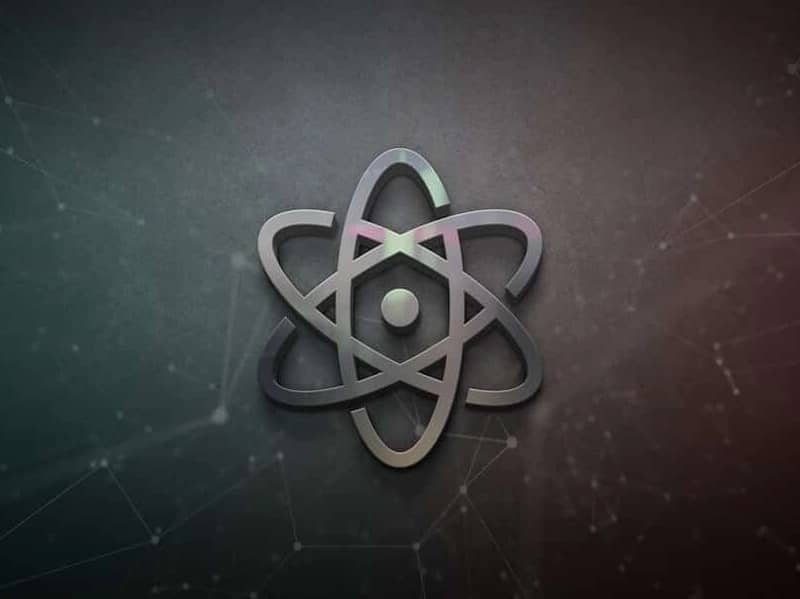Proton
Proton is a decentralized blockchain and smart contract platform developed both for customer applications and peer-peer payments. Proton is designed around a protected layer of identity and financial settlements that allows users to directly connect real identity and fiat accounts, pull funds and buy crypto, and seamlessly use that crypto in apps.[1]
Overview
Proton was created as a joint effort of Metal Pay and Lynx. Both companies share a vision of making crypto more available to everyday consumers and both have made substantial progress towards that aim independently. Metal has developed a compliant, user-friendly pair-to-peer payment network. Lynx has developed a blockchain focussed on the application. Proton brings together the element of both efforts into a single unified offer.[2]
Proton provides a secure, verified identity account that is integrated with a layer of financial settlements that allows users to directly link this identity to fiat accounts, pull funds and purchase crypto and use that crypto seamlessly in apps, all without sending any of the user's private, sensitive data.[3]
Proton eliminates the idea of exchanging private keys with merchants directly, instead providing a permission-less layer that exists over conventional card networks and banks.[1]
Proton Governing Council
The Governing Council of Proton is an independent, term-limited entity of governance that regulates and oversees block producers on the blockchain. This includes up to 59 diversified organizations with a wide variety of stakeholders.[2]
Members of the Proton Governing Council share an equal vote for thousands of public nodes on the software.[3]
Team
The following is the list of core technical team members of the Proton protocol.
- Marshall Hayner ~ Co-Founder & CEO
- Fred Krueger ~ Co-Founder & President
- Alex Christian ~ Senior Director, Compliance and Support
- Glenn Mariën ~ Co-Founder & CSO
- Kory Larson ~ Product Designer
- Ephraim Russo ~ Head of Product
- Jacob Davis ~ Co-Founder & CTO
- Carson Holoien ~ Head of Engineering
Fiat and Crypto Push on Chain
With Proton, all transactions are recorded on a blockchain with the core function of recording these payments and interfacing with the various entities concerned. Every user on this blockchain can have a verified identity which is verified by an approved provider of identity in turn.[1]
The smart blockchain contracts also track transaction status from requests sent to transaction pending resolved transactions. To prevent spam, each receiver is charged a small cryptocurrency fee for initiating a send request. In addition, a list of whitelisted receivers is stored in a centralized database for each user.[2]
Token Economics
The XPR token has been designed to be a controlled supply token with moderate annual inflation that can provide a value store for dApps in the short term and permit blockchain governance. There will be an initial 200 million XPR supply circulating, with annual token inflation of 5%. This token inflation will be split between the block producers (2.5%) token stakers (1.5%) and the Proton Steering Committee (1%).[3]
The job of Block Producers is to validate nodes using the open-source protocol Proton. Block Producers require a two out of three agreement to write a transaction with a 3 minute finality into the blockchain.[1]
The Token Stakers vote on a one-token, one-vote basis for block producers. To vote, token stakers must agree to bond their tokens, subjecting them to possible economic loss should their selected block producers fail to meet minimum standards of efficiency.[2]
The Proton Steering Foundation is the recipient of 1% annual inflation and will be organized as a dPos system itself, where votes take place every 3 months. The steering foundation's mandate will be to reward The Metal and Lynx development teams for work being done to support Proton on wallets, apps, and marketing campaigns. The steering framework will also reward worker ideas from independent organizations such as CryptoLions for core blockchain creation work, and promote inter-blockchain communication (IBC) using the Proton Secure Identity and multi-ecosystem standard.[3]
Investors
Here is the list of early investors in the Proton protocol:
- Erik Voorhees: CEO of ShapeShift
- Brian Kelly : CNBC Fast Money
- Alphabit Fund : A Digital Currency Fund[2]
